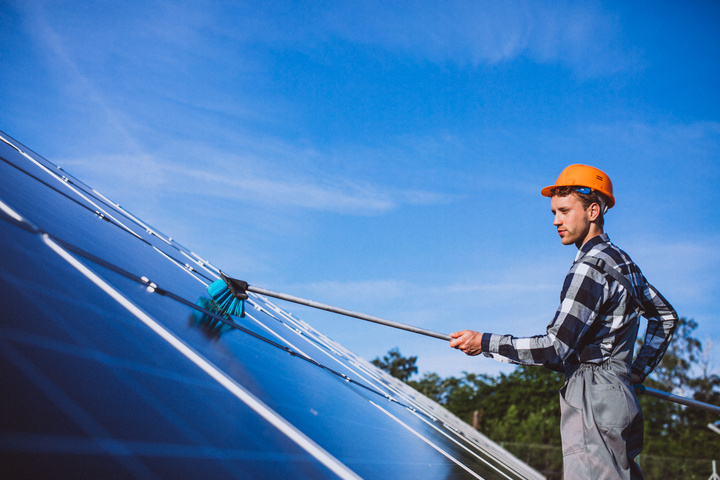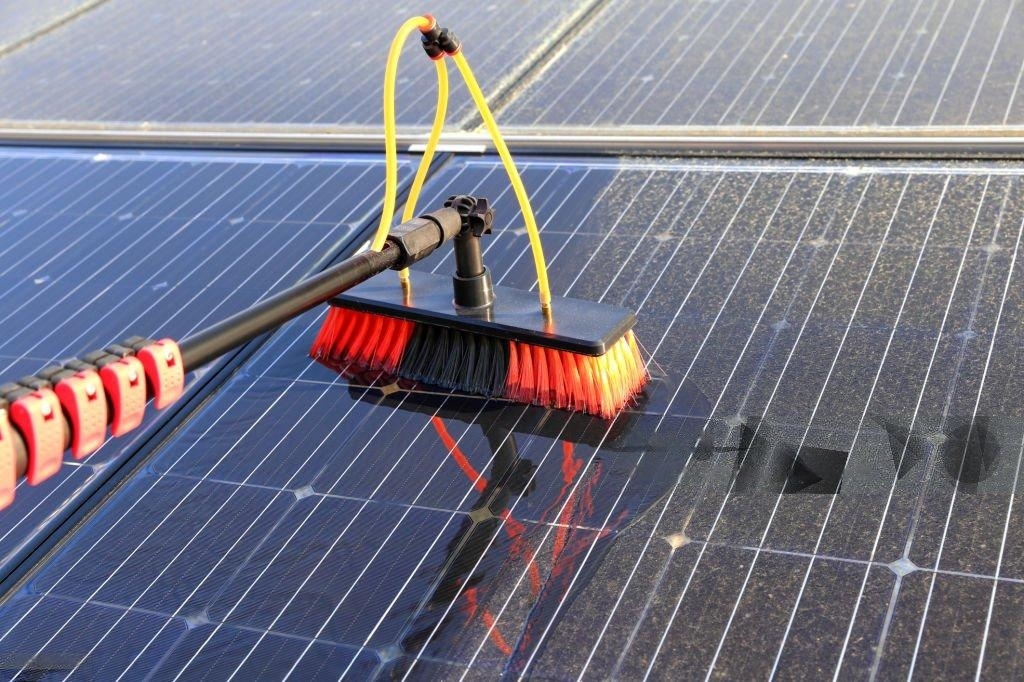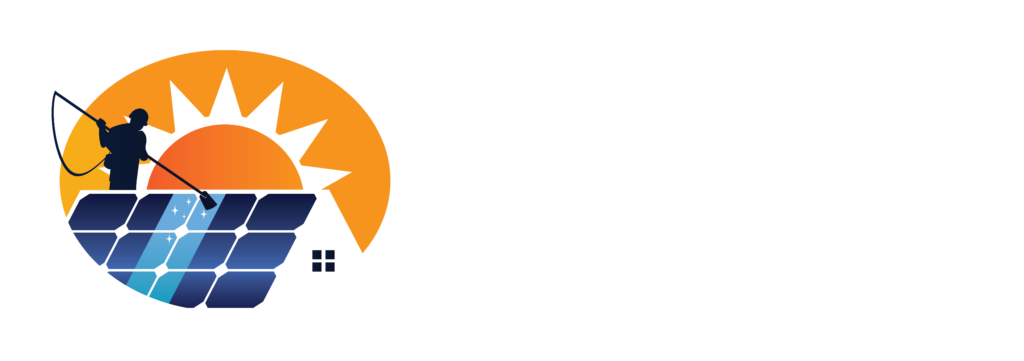The use of solar panels is increasing by the day in Melbourne and across Australia, and it is important to know the dos and don’ts of solar panel cleaning to maintain them properly.

Important: The following list of dos and don’ts is for reference only. Always seek professional help for cleaning and maintenance of your solar panels, and avoid the DIY approach, let professionals like Ultimate Solar Care do the job to avoid injuries.
Dos of Solar Panel Cleaning
- Clean Panels Regularly: Dust, bird droppings, tree sap, and pollution can significantly reduce solar panel efficiency. Ideally, clean your panels every 6–12 months, depending on your environment.
- Clean in the Early Morning or Late Afternoon: The best time to clean your panels is when they are cool. Midday heat can cause water to evaporate quickly, leaving streaks and increasing the risk of panel damage due to thermal shock.
- Use Soft Brushes or Non-Abrasive Cloths: It is recommended to use a soft brush to avoid scratching the glass surface.
- Use Deionised Water: Deionised water is free of minerals and impurities, meaning it won’t leave streaks or spots behind. It’s also safe for the panel’s delicate surface, unlike tap water, which can deposit residue and cause long-term issues.
- Damage Assessment: Look for cracks, corrosion, or loose wiring. Early detection can prevent expensive repairs down the road.
Don’ts of Solar Panel Cleaning
- Don’t Use Harsh Chemicals or Detergents: Many household cleaners can corrode your panel’s surface or interfere with its protective coatings. Stick with pure deionised water and soft tools.
- Don’t Use High-Pressure Water Jets: Pressure washers may seem efficient but can damage seals, wiring, or even crack the glass. They’re not worth the risk.
- Don’t Walk on Your Panels: Walking on solar panels can crack the glass and permanently reduce efficiency. Always use safe roof access or hire professionals with the right safety gear.
- Don’t Rely Solely on Rainwater: While rain can help rinse off light dust, it’s not enough to remove grime, bird droppings, or oily residues that accumulate over time.
- Don’t DIY Without Proper Safety Measures: Climbing onto a roof without the right equipment can be dangerous. One slip can lead to injury or damage to your system. Leave it to trained professionals.


